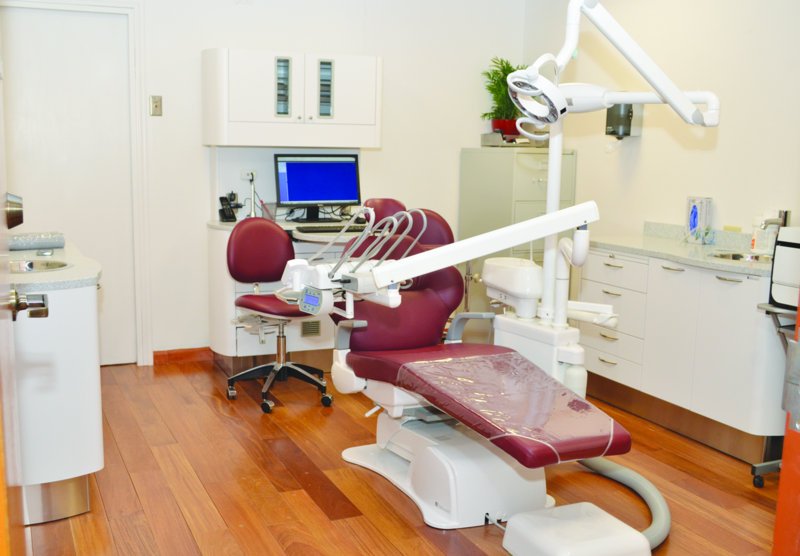The Future of Dental Service Organizations (DSOs): Trends and Predictions
Dental service organizations (DSOs) have seen tremendous growth over the past decade, evolving into a major segment of the dental industry. As technology continues to advance and consumer demands shift, what does the future hold for DSOs? Here are some key trends and predictions:
DSO Consolidation
Consolidation amongst DSOs will likely continue, with larger DSOs acquiring smaller regional ones. Larger DSOs can leverage economies of scale and provide consistent branding and operations across a wider geography. However, smaller regional DSOs can still thrive by offering personalized services.
Expansion of Services
Many DSOs started out focusing on basic services like cleanings and fillings. However, we’ll see a continued expansion into more comprehensive services like implants, orthodontics, cosmetic dentistry, and sleep apnea treatment. Offering a wider range of services allows DSOs to capture more revenue per patient.
Digital Dentistry Growth
Digital dentistry refers to the use of technologies like intraoral scanners, digital x-rays, and CAD/CAM milling.
Increased Use of Artificial Intelligence and Automation
One of the biggest technological shifts will be the integration of more artificial intelligence (AI) and automation in dental offices. From AI-assisted treatment planning software to automated scheduling and billing systems, many administrative and clinical tasks will become more streamlined. This allows dentists to focus their time on direct patient care. DSOs that embrace these technologies early on can become more efficient and competitive.
Expanded Use of Tele-Dentistry
Tele-dentistry refers to providing dental care and consultation using telecommunication technology. This includes options like teledentistry kiosks in remote areas, video conferencing with specialists, transmitting digital images and scans, and more. Tele-dentistry makes it easier for patients to access dental care without the need for in-office visits. It also allows general dentists to consult with specialists more readily. The COVID-19 pandemic accelerated the use of tele-dentistry, and this trend is likely here to stay. DSOs that build robust tele-dentistry infrastructure and workflows will be able to provide care to a broader patient population, regardless of geographic limitations.
Greater Focus on Dental Wellness and Value-Based Care
In the future, dental care will shift from a model of reactive treatment to one of preventive wellness and value-based care. DSOs will need to educate patients more on nutrition, oral hygiene, and prevention. Treatment plans will be designed to maximize oral health over the long-term rather than short-term solutions. Remuneration models will also start to shift towards value-based reimbursement and incentivizing improved health outcomes. DSOs that can meet these new care standards will ultimately gain more patients and have better clinical outcomes.
You may also like
For dental practices, protecting patient data is not only an ethical obligation but also a legal requirement under the Health Insurance Portability and Accountability A
For modern dental practices, information technology (IT) is essential for delivering patient care and running office operations efficiently. However, dental so
Opening a new dental office requires investing in the right information technology to effectively run your practice. The right IT infrastructure will help your office operate smoothly, protec
Dental service organizations (DSOs) have seen tremendous growth over the past decade, evolving into a major segment of the dental industry. As technology continu
Dental service organizations (DSOs) have seen tremendous growth over the past decade, evolving into a major segment of the dental industry. As technology continues to advance and consumer demands shift, what does the future hold for DSOs? Here are some key trends and predictions:
DSO Consolidation
Consolidation amongst DSOs will likely continue, with larger DSOs acquiring smaller regional ones. Larger DSOs can leverage economies of scale and provide consistent branding and operations across a wider geography. However, smaller regional DSOs can still thrive by offering personalized services.
Expansion of Services
Many DSOs started out focusing on basic services like cleanings and fillings. However, we’ll see a continued expansion into more comprehensive services like implants, orthodontics, cosmetic dentistry, and sleep apnea treatment. Offering a wider range of services allows DSOs to capture more revenue per patient.
Digital Dentistry Growth
Digital dentistry refers to the use of technologies like intraoral scanners, digital x-rays, and CAD/CAM milling.
Increased Use of Artificial Intelligence and Automation
One of the biggest technological shifts will be the integration of more artificial intelligence (AI) and automation in dental offices. From AI-assisted treatment planning software to automated scheduling and billing systems, many administrative and clinical tasks will become more streamlined. This allows dentists to focus their time on direct patient care. DSOs that embrace these technologies early on can become more efficient and competitive.
Expanded Use of Tele-Dentistry
Tele-dentistry refers to providing dental care and consultation using telecommunication technology. This includes options like teledentistry kiosks in remote areas, video conferencing with specialists, transmitting digital images and scans, and more. Tele-dentistry makes it easier for patients to access dental care without the need for in-office visits. It also allows general dentists to consult with specialists more readily. The COVID-19 pandemic accelerated the use of tele-dentistry, and this trend is likely here to stay. DSOs that build robust tele-dentistry infrastructure and workflows will be able to provide care to a broader patient population, regardless of geographic limitations.
Greater Focus on Dental Wellness and Value-Based Care
In the future, dental care will shift from a model of reactive treatment to one of preventive wellness and value-based care. DSOs will need to educate patients more on nutrition, oral hygiene, and prevention. Treatment plans will be designed to maximize oral health over the long-term rather than short-term solutions. Remuneration models will also start to shift towards value-based reimbursement and incentivizing improved health outcomes. DSOs that can meet these new care standards will ultimately gain more patients and have better clinical outcomes.
You may also like
For dental practices, protecting patient data is not only an ethical obligation but also a legal requirement under the Health Insurance Portability and Accountability A
For modern dental practices, information technology (IT) is essential for delivering patient care and running office operations efficiently. However, dental so
Opening a new dental office requires investing in the right information technology to effectively run your practice. The right IT infrastructure will help your office operate smoothly, protec
Dental service organizations (DSOs) have seen tremendous growth over the past decade, evolving into a major segment of the dental industry. As technology continu






